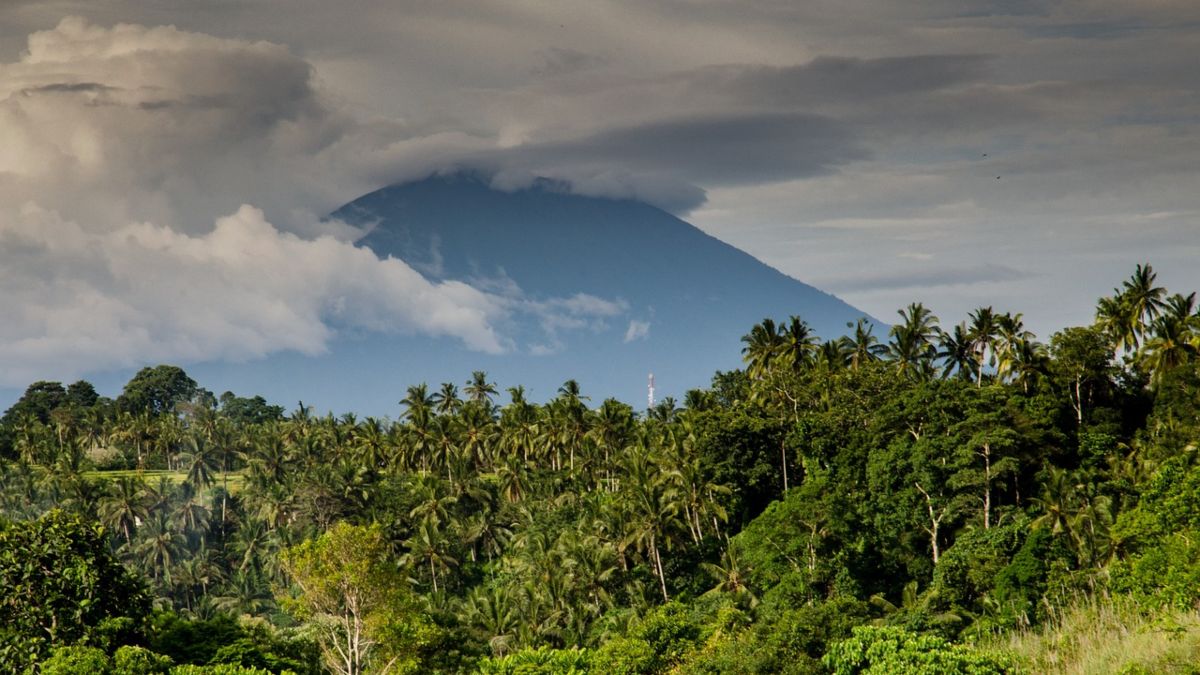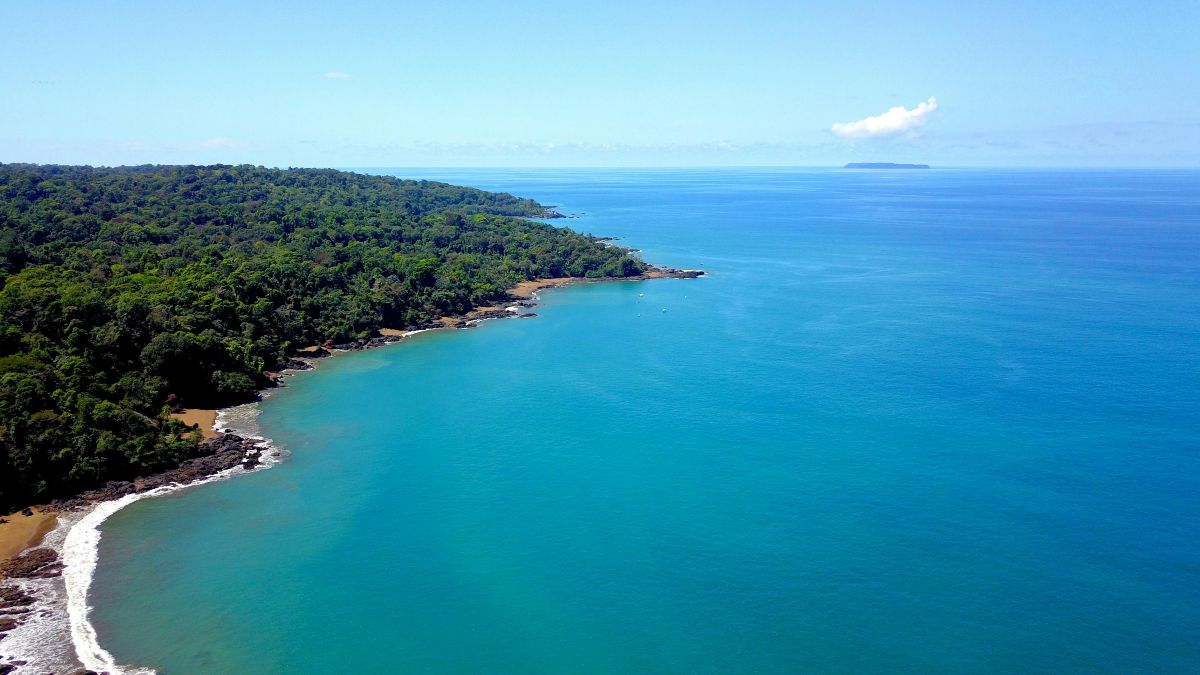New figures out today reveal unemployment in Costa Rica has risen dramatically since the COVID-19 crisis started.
Today the National Institute of Statistics and Censors in Costa Rica (INEC) announced that unemployment has risen to 20.1%. That’s 468,000 people now out of work.
Encuesta Continua de Empleo trimestre móvil marzo, abril, mayo. Situación del mercado laboral en Costa Rica.
Infografía en PDF: https://t.co/zoSrF2xeku #datos #empleocr #ECE #INECCR #LoDiceINEC #COVID_19 pic.twitter.com/FNqCliLqsK— INEC Costa Rica (@INECCR) July 16, 2020
Unemployment in Costa Rica has risen by 4.4% since the end of April. It’s now higher than the OECD anticipation of 15.9% in 2020.
26% of women are unemployed in Costa Rica and 16.3% of men. 41.6% of Costa Ricans aged 15 and over were already outside of the workforce.
Underemployment – where people work less than 40 hours per week and need more hours – has increased by 8%. For more data, INEC published a detailed document this morning outlining the current situation.
Gerardo Corrales from Economia Hoy estimates that around 900,000 Costa Ricans have some form of employment problems, according to reports in La Republica.
This morning, President Alvarado began following through on his pledge last week to reduce the salaries of Costa Rica’s highest-paid public workers, starting with himself. He proposed a 15% wage cut and immediately announced his own salary would drop by that amount.
“The health pandemic has caused an economic pandemic,” the president tweeted this morning.
“The country is going through hard times and this is why the government proposes a 15% reduction of the working hours of public employees who earn more than 1.5 million colones [around $2,500]. Starting today, I will voluntarily lower my salary to meet that 15% in total.”
La pandemia sanitaria ha causado una pandemia económica. El país pasa momentos duros y por eso el Gobierno propuso reducir un 15% la jornada de empleados públicos que ganan más de ₡1,5 millones. A partir de hoy, rebajaré voluntariamente mi salario para cumplir ese 15% en total.
— Carlos Alvarado Quesada (@CarlosAlvQ) July 16, 2020
In the meantime, the 468,000 unemployed in Costa Rica have bigger concerns than a salary reduction for wealthy public officials.
Especially the thousands of people who won’t be receiving their Bono Proteger.
960,000 Costa Ricans applied for this payment since the government introduced it to help those who lost their jobs in the pandemic.
Many are still waiting for their payment, after four months, and today the government admitted that 200,000 won’t receive anything at all.
The money just isn’t there to pay people out, according to Juan Luis Bermudez, president of IMAS, the government social aid organization in charge of distributing the funds.
Bono Proteger: 200 mil personas no recibirán la ayuda – https://t.co/MZlaBh9MPp
— CRHoy.com (@crhoycom) July 16, 2020
The OECD expects the economy to contact by up to 4.9% in 2020, although given that unemployment in Costa Rica has exceeded OECD expectations already, we could be looking at a larger contraction.
The big question is, in light of President Alvarado’s comments yesterday about not relying on the lockdown to bring down COVID-19 case numbers, is all this pain worth it? Given the increasing amount of Ticos on social media now condemning the lockdown, the jury appears to be out on that one.
Alvarado: “Cierres no garantizan una disminución de contagio” – https://t.co/7MqdfxnIu2
— CRHoy.com (@crhoycom) July 15, 2020
James Dyde is the editor of www.centralamerica.com. He lives in Escazu, Costa Rica.




